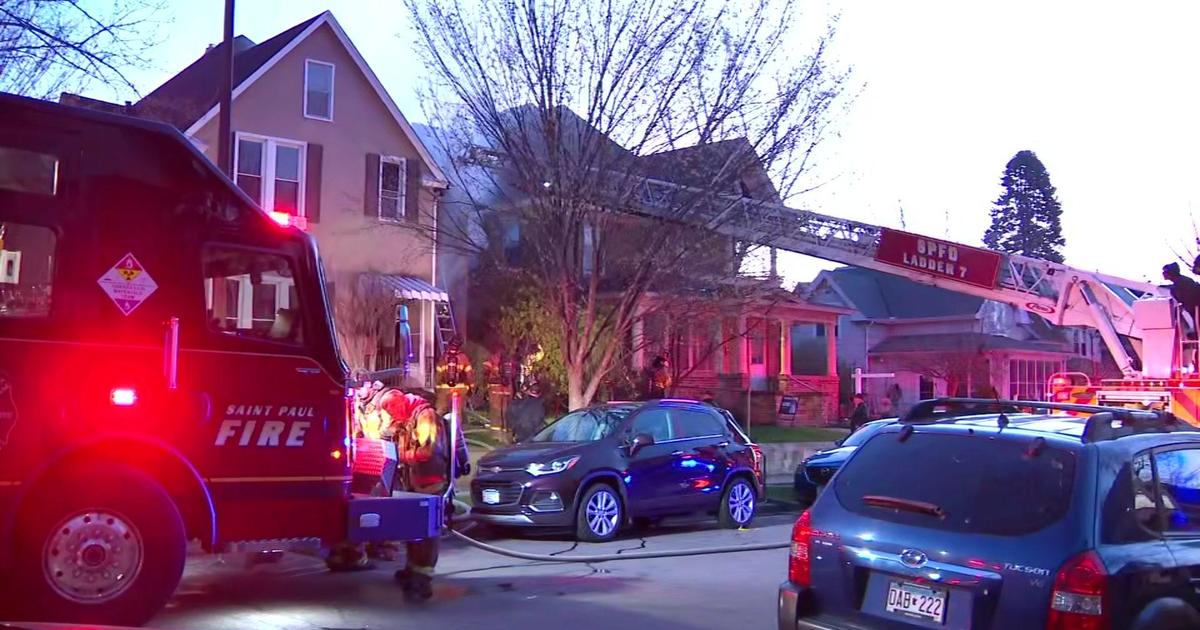Dayton Still Unsure About Possible Special Session
MINNEAPOLIS (WCCO) -- Hours after Minnesota lawmakers adjourned the 2016 legislative session that saw them fail to reach agreement on several key issues, Gov. Mark Dayton is as uncertain as the rancorous political climate inside St. Paul's capitol complex when it comes to calling a special session.
"I don't know," Dayton told Dave Lee on the WCCO Morning News. "The dust hasn't settled yet. I'll have to talk to the four legislative caucus leaders and see what they want to do."
The dust was kicked up late Sunday night inside the capitol, and it wasn't from crews working on the historic structure's massive renovation. Despite a hectic rush to beat the midnight deadline that included shouting from the chamber floors, lawmakers failed to come to an agreement on plans to fix the state's crumbling roads and bridges, an item that's been a top priority for lawmakers over the past two years.
"It's a real tragedy," Dayton said about not passing the transportation plan as part of a larger bonding bill. "It's an important bill for many parts of Minnesota and now it's too late to consider it.
"I'll meet with my senior staff and we try to fit the pieces of the jigsaw puzzle together and see what the overall picture looks like."
Those discussions might drift toward calling a special session. Then again, they may not.
"Undecided," Dayton said.
Lawmakers played the blame game well into the night. Democrats chided Republicans for not following through with their promise to pass the transportation package. Republicans criticized Democrats for playing politics with issues such as light rail funding, an item added by the Minnesota Senate, to a scaled-down projects bill that never reached the House floor for a vote.
"It may look like Southwest Light Rail killed $700 million of money for roads and bridges across the state of Minnesota," House Speaker Kurt Daudt (R-31A) told reporters early Monday morning.
Daudt slammed the gavel to end the session while House members continued to raise a ruckus on the floor in the rush to come up with some sort of transportation compromise that they can take to constituents in the upcoming fall campaign.
Other issues left undecided include how the state can use the $900 million budget surplus, and upgrading drivers licenses to match federal standards. Dayton has already signed a bill converting the state's presidential preference method from caucuses to primary elections. That takes effect in 2020.
Legislation that did pass include a $260 million tax cut plan, funding for preschool education and broadband internet access, and regulations for police body cameras. By law, Dayton has 14 days to decide whether to sign or veto legislation that passed both the House and Senate.
"I'll make my decisions in the next 48 hours," Dayton said.



